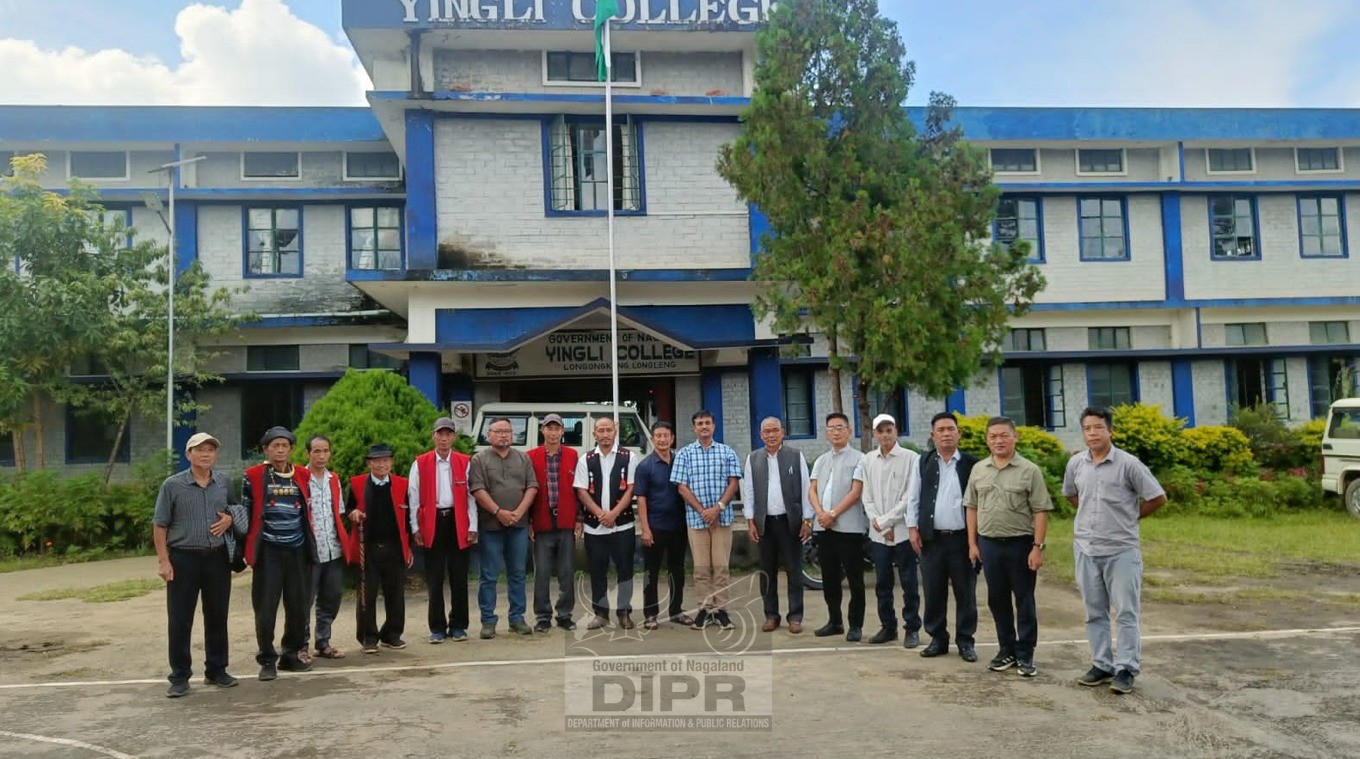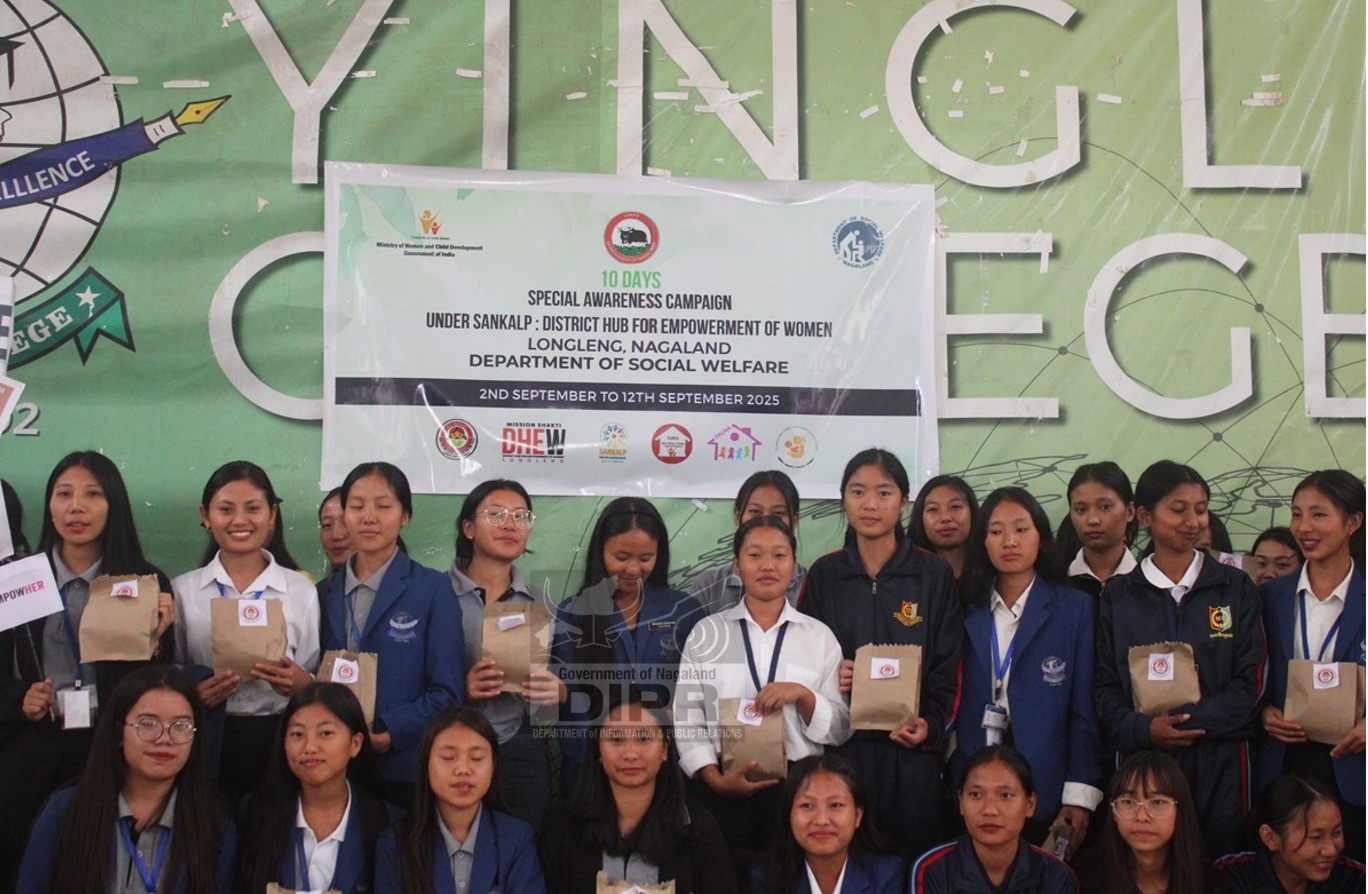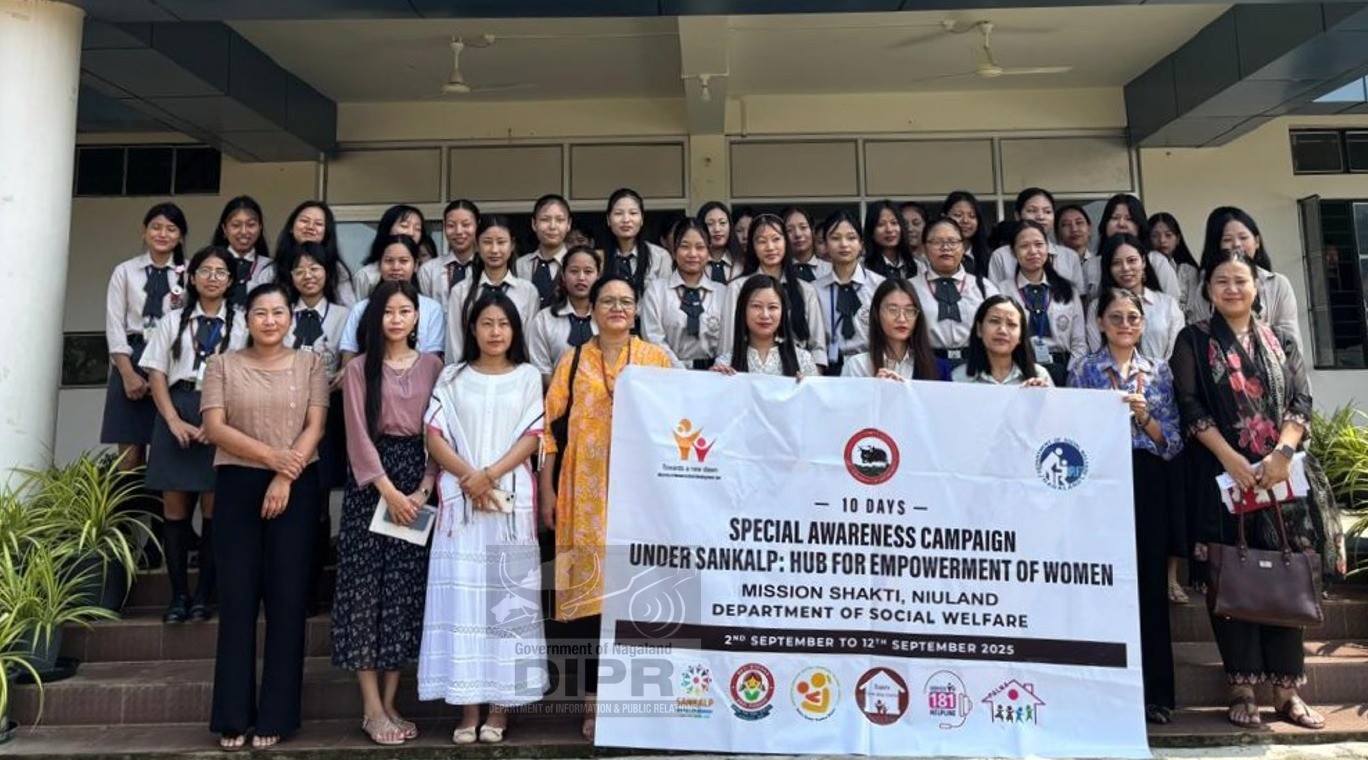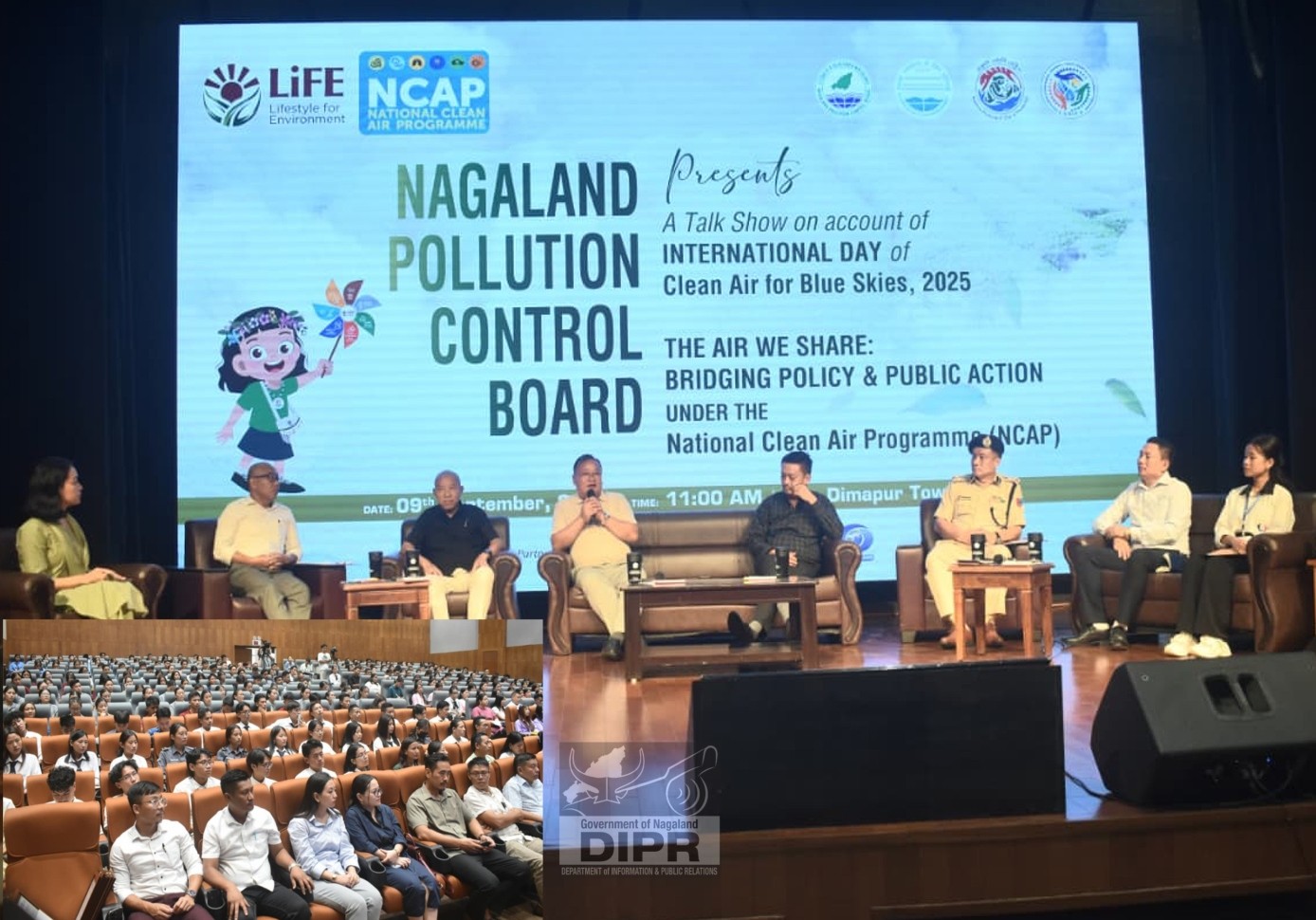Chief Secretary Nagaland, J. Alam, IAS stated that departmental review meetings were held to go over the departmental functioning, programs and problems, and plans for better functioning of State Government machinery. He said this while addressing the departmental review meeting with the Department of Higher Education and Department of Technical Education at the Chief Secretary’s Conference Hall, Kohima on 2nd April 2022.
Powerpoint presentations were made by both Departments highlighting their organization structure, mandates, activities, achievements, challenges, and future initiatives. Department of Technical Education informed that there were seven functioning polytechnics in the State with an enrolment of 742 students during 2021-22 availing various courses in technical and vocational education and training.
The Department also stated that plans to introduce new Programs/Courses such as Food Processing Technology, Diploma in Pharmacy, Tourism, etc in the polytechnics to diversify educational opportunities and enhance the employability of the youth. It also informed that the Department of Technical Education has successfully selected and Nominate candidates to study Medical and allied courses, engineering, and Agri and allied courses purely on the merit basis through the National Eligibility Cum Entrance Test (NEET), Joint Entrance Examination (JEE) Mains and Nagaland State Entrance Examination (NSEE) while a total number of 549 candidates have been nominated to various Agri & Para-Medical Courses (NSEE), Engineering Courses (JEE), MBBS, BDS & Allied Courses (NEET) and Diploma Courses both within and outside the State during the academic session 2021-22.
Department of Higher Education in their presentation stated that there are 15 Government Colleges in Nagaland and is producing around 7000 graduates every year. The Department also highlighted that the Choice-Based Credit System (CBCS) shall be introduced in all the affiliating HEIs from the 2022 academic session onward. CBCS consists of credit-based courses such as Disciplinary Major and Minor, Interdisciplinary Major and Minor, Vocational/ Skill Courses, Project Works in Community Engagement and Service, Environmental Education, Value-based education, it explained.
The Department also informed that the concept note on the implementation of National Education Policy (NEP) 2020 in Higher Education Institutes (HEIs) of the State has been prepared by the Department and submitted to the Ministry of Education (HE), Govt of India.
Both Departments highlighted the implementation of various Government Schemes and also brought up issues faced by them.
Chief Secretary in his concluding remark stated that the way of functioning of both Higher Education and Technical Education was different from other Government Departments and people expect the two Departments to come up with new innovative ideas and bring positive change in the education system in the State. He observed that good initiatives are being taken up by both the Departments and encouraged them to continue the good performance.
Alam also said that the National Education Policy 2020 should be properly understood and called for its successful implementation in the State.
(Akummeren, IA)





